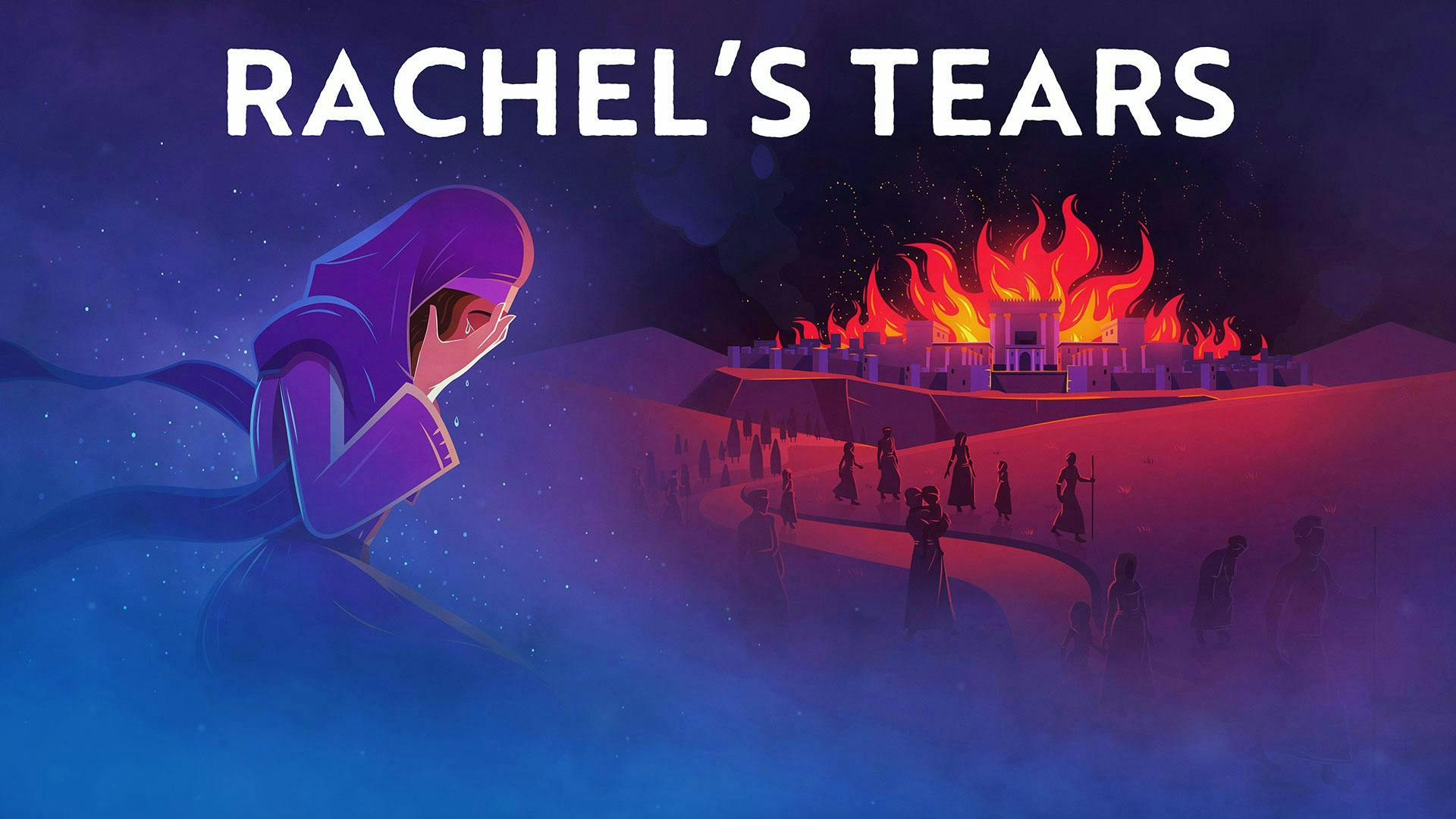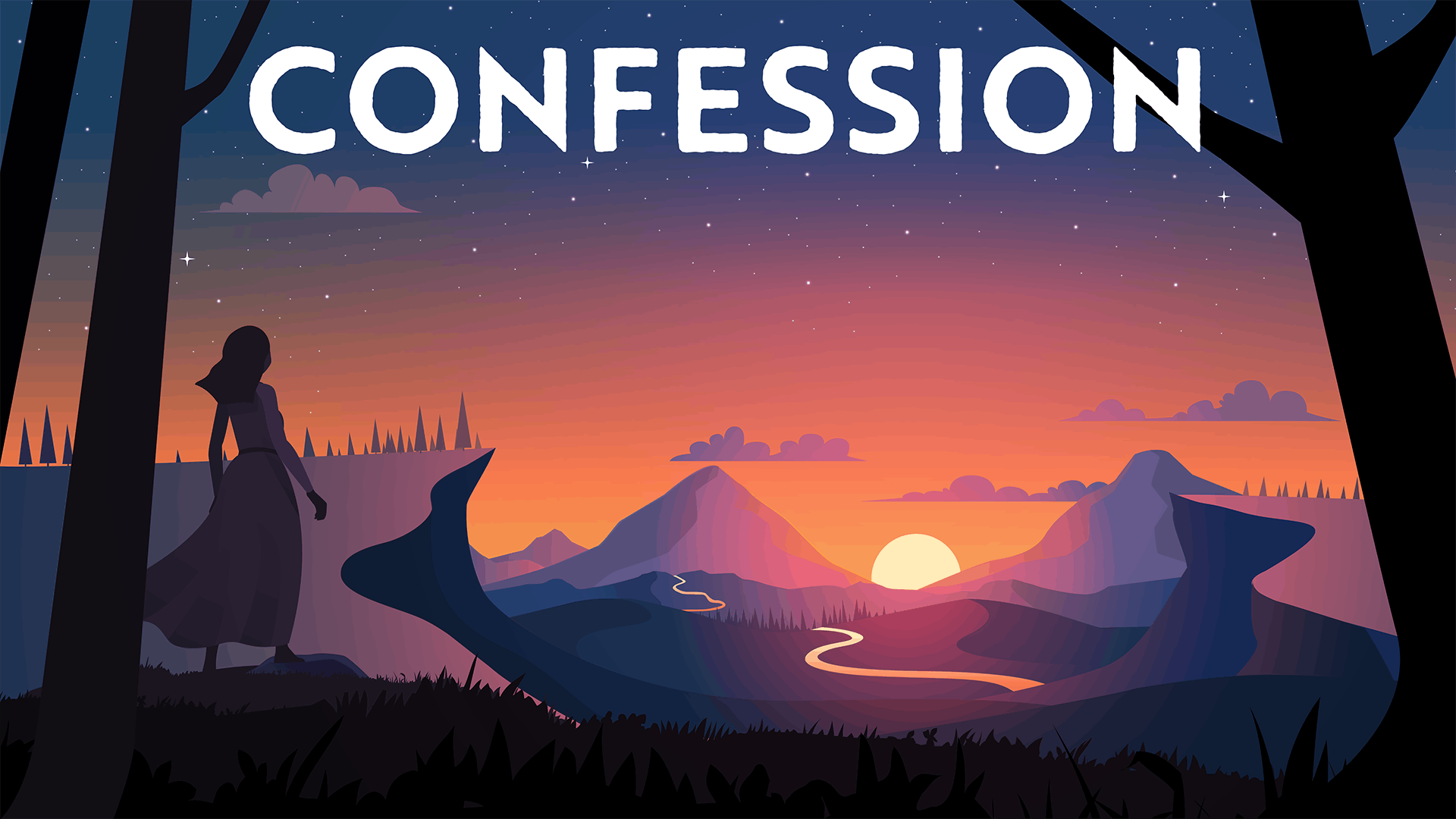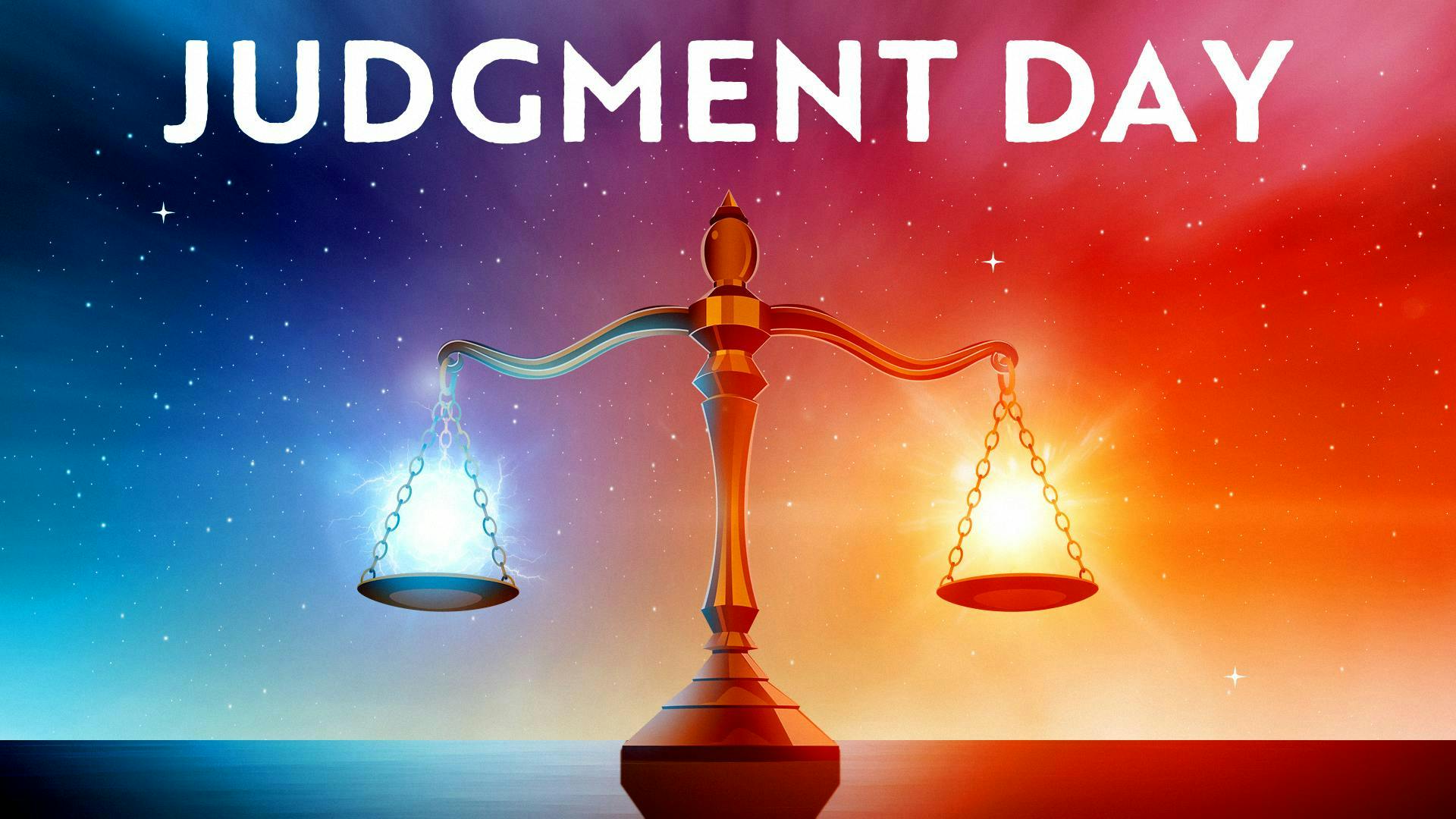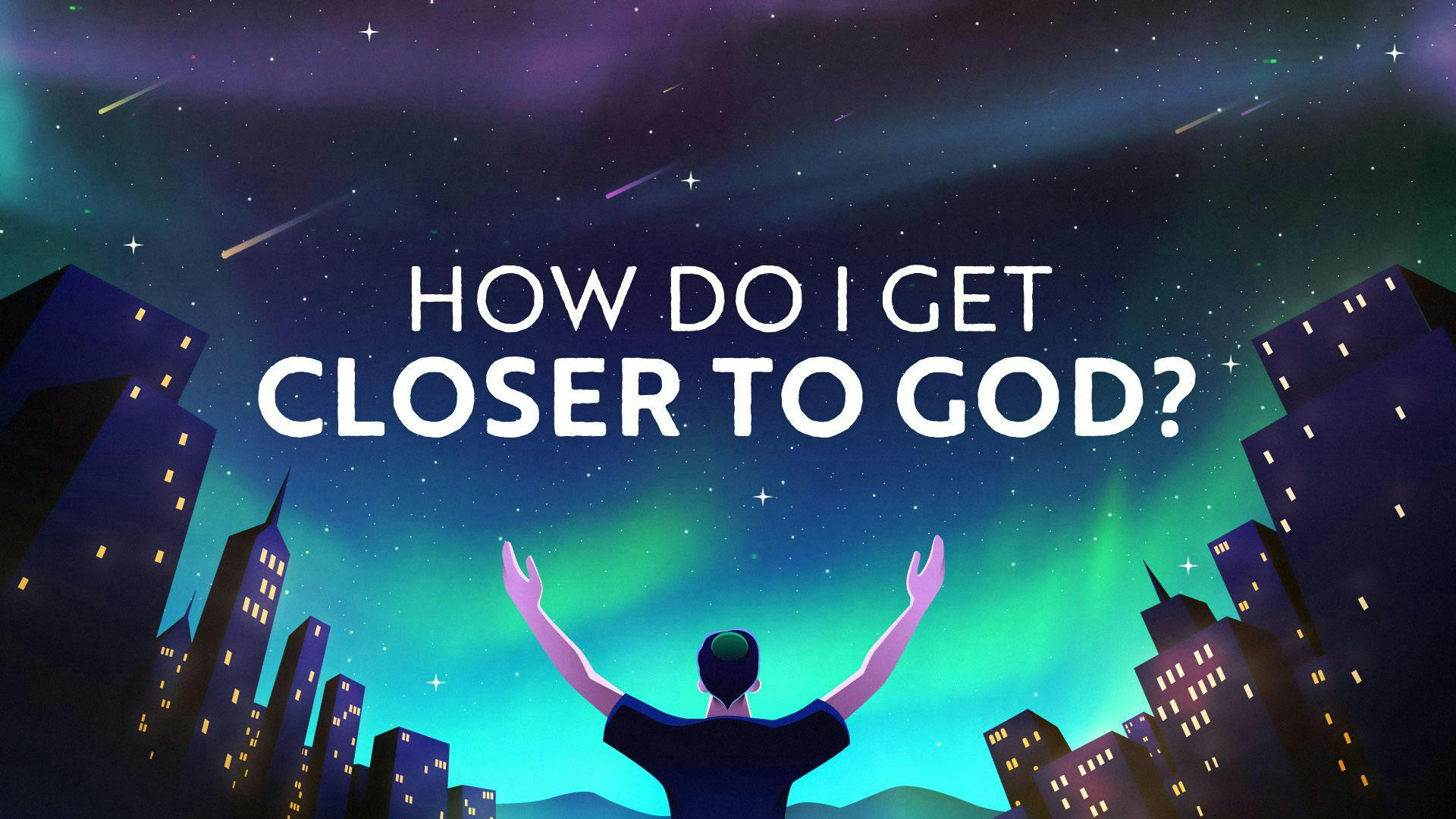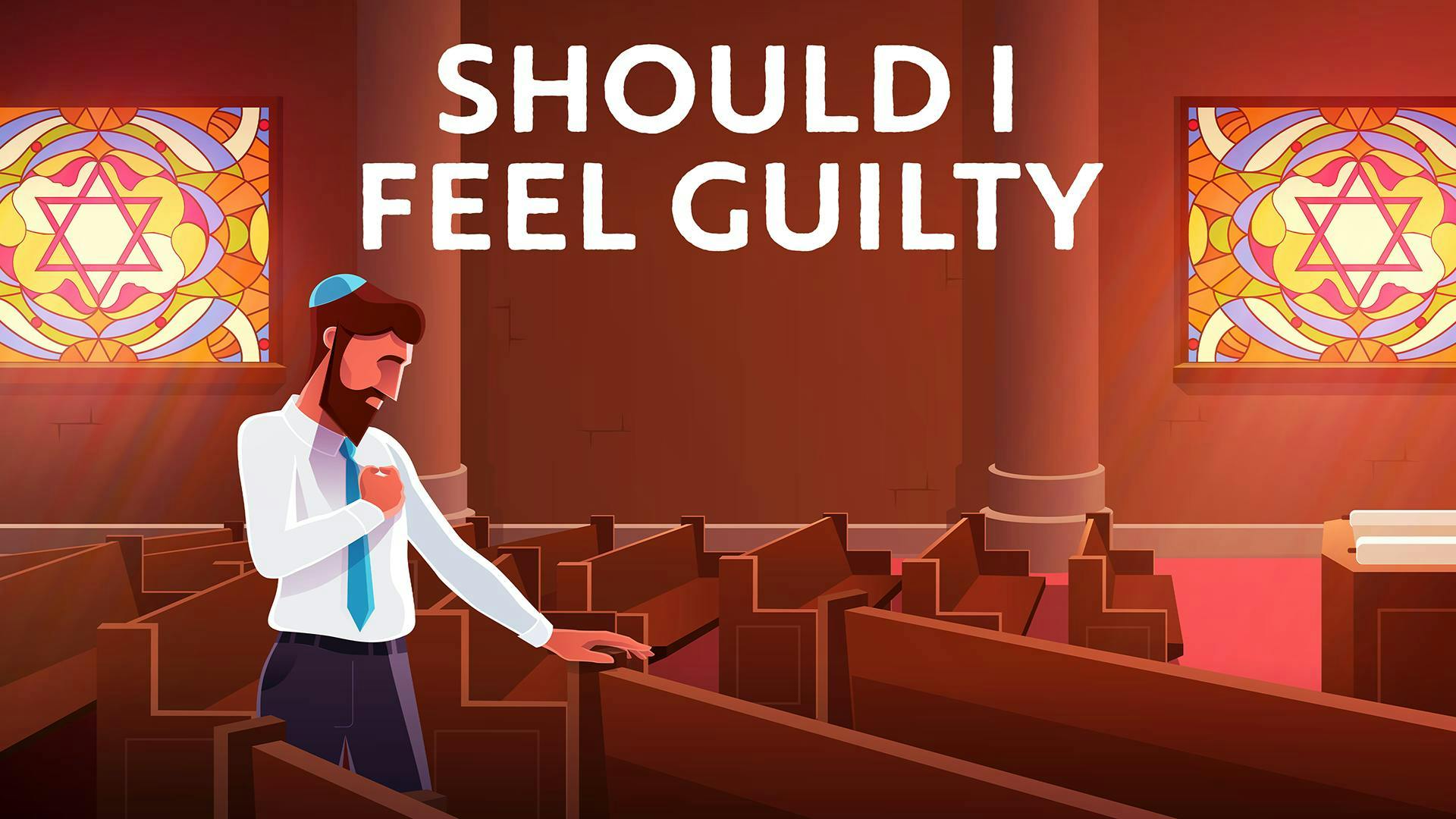Tisha B’Av Shiurim
Lectures & Learning
By Sarah Rashba | 1 August 2024 | 8 Minute Read
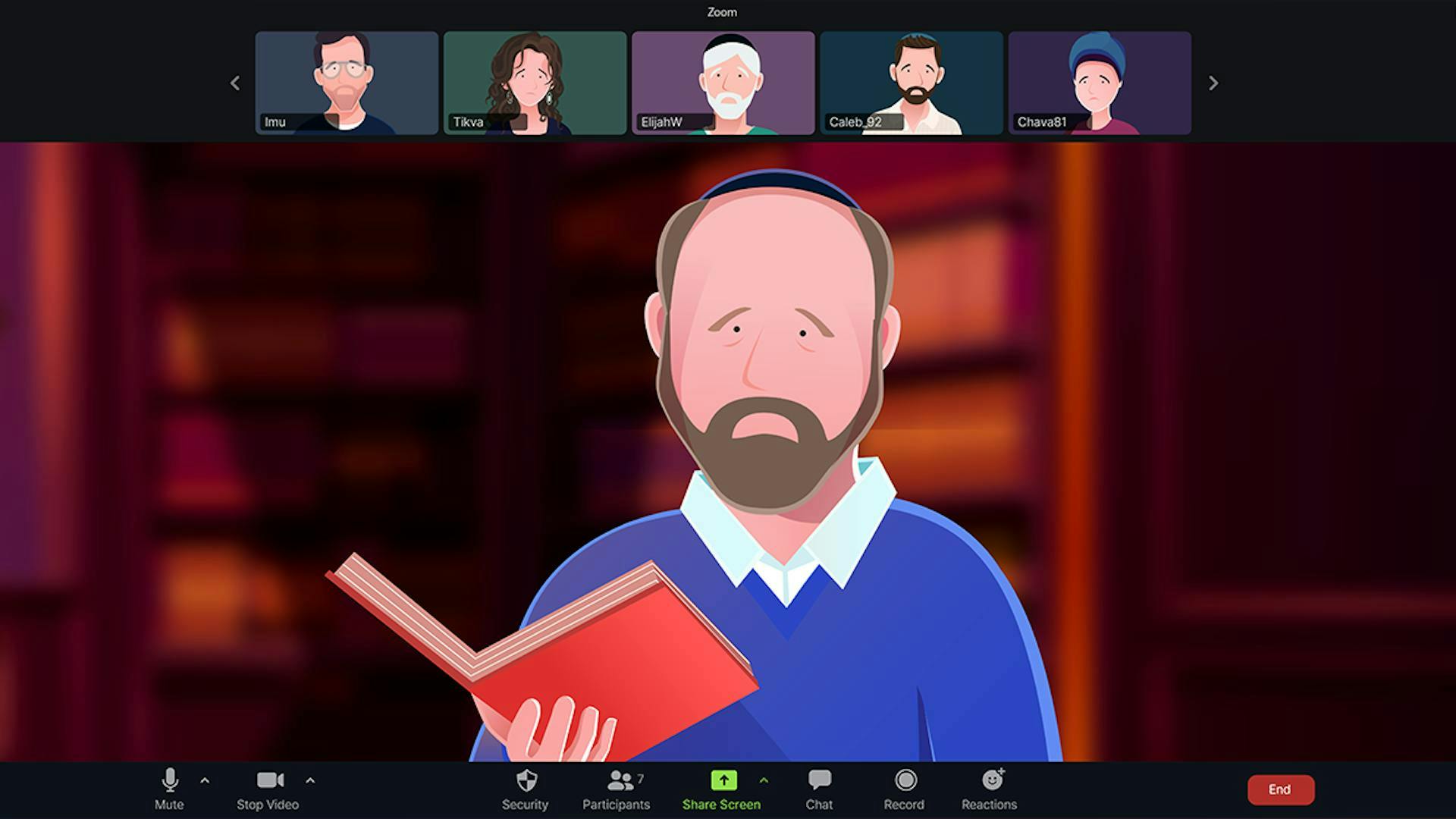
Tisha B’Av: The Day I’d Love to Sleep Through
What Am I Getting Into?
For me, Tisha B’Av is the most difficult day in the Jewish calendar. Not because of the fasting and the difficulty of reading, understanding, and emotionally connecting with the poetic Hebrew of Eicha and the kinnot, but because, honestly, I don’t want to feel 3,500 years of my people’s pain! The pain from October 7th is already way too much this year. I need to also add the pain of the Holocaust, pogroms, the Expulsion from Spain, the Crusades, and the destruction of both Temples?
Despite the discomfort, Tisha B’av is an important day, and I want to find meaning in it. So, if you’re like me, you’re probably wondering how to connect to the pain of Tisha B’Av without being overwhelmed by it. Here’s how I do it…
Take a Seat Next to Rabbi Fohrman
In this collection of animated videos and live classes, Rabbi Fohrman takes on a journey deep into the depths of Jewish pain and tragedy. And it’s there where we can discover the intellectual and emotional tools to find true meaning on Tisha B’Av, our people’s darkest day.
Compelling and Challenging Topics
Using his incisive Torah learning methodology, Rabbi Forhman tackles the most uncomfortable issues in surprising ways, including: human evil, Divine justice, mourning, the Spies, disunity in Israel, baseless hatred, the Messiah, redemption, Jewish survival, death, and coming to terms with loss and tragedy.
New This Year - Tisha B’Av 2024
Processing October 7th
The massacre of October 7th, and the painful ramifications that followed, have been in our hearts all year. This Tisha B’Av, the Jewish day of mourning, we will all be thinking about the worst tragedy to befall the Jewish people since the Holocaust. But how do we bridge the gap between this fresh, raw pain, and the much diluted, distant pain of ancient tragedies?
That’s exactly the topic of Rabbi Fohrman’s brand new Tisha B’Av course available now.
My Favorite Tisha B’Av Videos
- What We Lost When the Temple was Destroyed
This series world premiered last year in 2023. It explores the centrality of the Temple in Judaism, the Temple’s roots in Creation, and the purpose of existence. And it offers an answer to a burning question: Why so much sadness and mourning about a building? Watch this series to see how Tisha B’Av fits into a much bigger historical picture.
- How Israel Split and the Road to Tisha B’Av
Over the last few years many hot-topic social, political, and religious issues have been dividing the Jewish people. Unfortunately, we have experience with breakage and fracture throughout history, but fortunately, we know how to fix it. This insightful series will show us what causes disunity, and how the Jewish people can stay unified despite our differences.
The Most Watched Tisha B’Av Course
Rachel’s Tears
Is there such a thing as purposeful mourning? How do we channel our pain and anguish productively, without allowing it to consume us or others? Rabbi Fohrman explores these essential questions through the lens of Rachel, the mother of our people. This video series, originally created for Tisha B’av years ago, might even be more relevant in today’s post-October 7th world. Rachel’s story will teach us about the power of mourning as a catalyst for growth — on Tisha B’Av and every day of the year.
Looking for more?
We have hours of delightful videos and podcasts to enhance your Yamim Noraim experience.
Top Tisha B'Av Videos
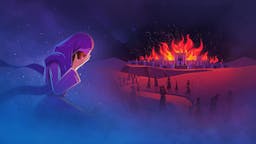
What Rachel Imeinu Teaches Us About Mourning
Video series • Part 1 of 5 • 8 min
Mourning on Tisha B’Av may begin with the Temple, but it cannot end there. The familial conflict between Rachel and Leah offers a powerful lesson on how we can take the first steps towards fixing our national tragedy by addressing our personal relationships.
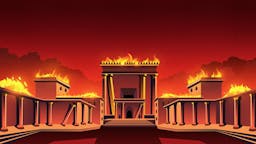
How Am I Supposed To Appreciate The Loss Of The Beit HaMikdash?
Video series • Part 1 of 7 • 9 min
It’s one thing to mourn the suffering of actual people, but how are we supposed to feel genuinely sad over the loss of a building?

Why Does God Let Us Suffer?
Video series • Part 1 of 6 • 11 min
If God loves us, why does God let bad things happen to us? This question may be impossible to answer, but on Tisha b’Av it’s just as impossible to ignore.
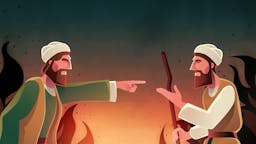
Kamtza And Bar Kamtza: What Is Baseless Hatred, Anyway?
Video series • Part 1 of 5 • 3 min
When was the last time that you hated someone for absolutely no reason? Could it be we’ve been misunderstanding the true meaning of “baseless hatred” this whole time?
More Tisha B'Av Content
What is Aleph Beta?
Aleph Beta is a unique kind of Torah library. Led by our founder, Rabbi David Fohrman, we are dedicated to high-level, textual Torah learning for adults that is intellectually and spiritually sophisticated, that enlivens your Jewish practice and helps you forge a deeper connection to God. Whether you’ve been learning in yeshiva for years or you’re just beginning your Torah journey, you’re sure to find something meaningful and surprising waiting for you here.
Browse our library of over 1,000 beautifully produced animated videos, podcasts, deep dive courses, and printable guides. Topics include the weekly parsha, Jewish holidays & fast days, laws & mitzvot, prayers, relationships, big philosophical ideas and more. Have something to say at the Shabbos table that will amaze your family and guests and bring deep meaning into their lives.

